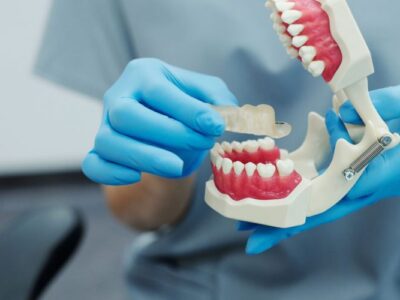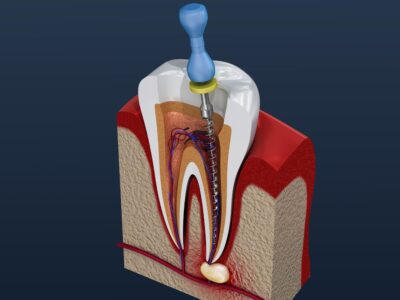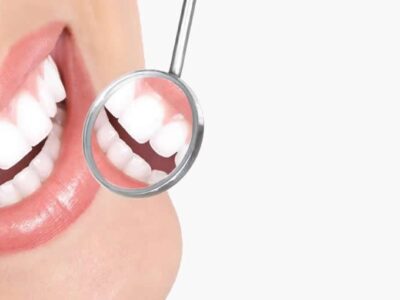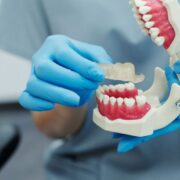
Impotence, also called erectile dysfunction, is when a man is unable to have or maintain an erection sufficient to carry out normal sexual intercourse. Impotence can be caused by physical factors, such as neurological problems, and also psychologic factors, such as stress, depression, or anxiety. Impotence has been linked to a number of medical conditions, including low sperm count, hormonal imbalances, enlarged prostate, and substance abuse. More recently, recent studies show that impotence may also be a more widespread problem than previously believed. Impotence can affect almost every aspect of a person’s life; from work, education, relationships, and health.
Men who are diagnosed with impotence usually seek treatment because they do not wish to suffer in silence. Impotence can decrease a person’s self-esteem, making him feel less healthy, lonely, and ultimately less healthy mentally and emotionally. The causes of impotence vary, but they can be related to physical causes, psychological causes, or a combination of both. Although many believe that impotence results from a lack of testosterone, the condition can actually stem from hormonal changes due to physical conditions or from high levels of anxiety or stress.
Some of the most common causes of impotence are stress, depression, heart disease, high blood pressure, and medications, such as blood thinners, asthma medications, antidepressants, lithium, calcium channel blockers, drugs for epilepsy, and sex hormones, such as testosterone. There are several ways to treat any of these conditions that can lead to decreased production of testosterone. Depression, in particular, must be treated with serious therapy and psychological help, as well as medication. High blood pressure and heart disease can lead to decreased cardiac output and increased heart rate, both of which can cause decreased sexual function. Certain medications, including those for epilepsy, have been known to cause impotence.
However, the most common underlying cause of impotence has nothing to do with either physical conditions or medications. Impotence, like many other conditions, can stem from psychological factors. Depression and anxiety often make it more difficult for men to achieve and maintain erections. In addition, men who suffer from depression are often more worried about their sexuality and how society views them than others. Both types of depression can lead to diminished libido and less interest in sexual intercourse, both of which can lead to decreased sexual experiences and lower sperm counts and may be helped by an ED specialist clinic such as Paramount Men’s Medical Center.
There are also multiple sclerosis and nerve disorders, both of which can cause impotence. Multiple sclerosis can lead to atrophy of the nerve cells that control erection, as well as the nerve damage that cause erectile dysfunction. Neuropathy can lead to damage to the spine and resulting impotence. These and other neurological diseases have been linked to infertility.
Men who smoke and have diabetes are at greater risk of impotence because both of these health issues can lead to decreased blood flow to the penis and lower sperm counts. Men with less healthy diets are at a higher risk of impotence because their sperm quality and count are lower than healthier men. Less healthy diets include eating foods that are high in fat and cholesterol, as well as eating less healthy foods. Lifestyle changes include losing weight through diet and exercise, avoiding alcohol and quitting smoking. The risk of impotence increases with age, but that doesn’t mean that you have to give up your desire to have a satisfying sex life.
Impotence is a medical condition characterized by decreased production or secretion of the sexual hormones testosterone and semen. Impotence is either age-related or caused by other factors such as disease, injury, or trauma. Impotence may affect men of all ages, although the most commonly affected are men in their forties and older. Commonly, impotence is treated with medication, but many men are also considering natural alternatives to treating impotence, as well.
Nerve damage is the most common cause of impotence in men. In addition, other causes of impotence are injury to the penis, blood vessels in the penis, neurological problems, and vascular disease. If there is a neurological reason for impotence, the treatment for that condition will also likely be effective in treating erectile dysfunction. Blood vessels in the penis sometimes get damaged due to injury or inflammation, causing a lack of blood flow to the organ. Other causes of impotence are vessel defects, neurological disorders, or vascular disease. Blood vessels and neurological disorders both affect the nerves that guide the erection of the penis.
The treatments used to cure impotence incorporate the use of prescription medications, which are usually topical in nature. These treatments treat the underlying cause of the impotence, allowing the body to more effectively produce and secrete testosterone. These treatments include formulations containing testosterone or herbal formulations with ingredients known to improve blood flow to the penis. However, some men find these types of treatments uncomfortable or do not believe they provide enough benefit.
Men with diabetes are especially vulnerable to impotence because of high blood pressure. When a person has high blood pressure, circulation to the penis is hindered. High blood pressure can cause erectile dysfunction in its most severe form. Certain medications used to treat hypertension can cause erectile dysfunction, such as warfarin (Plaquenil), heparin (Imitrex), and flopidemide (Risperdal). Some studies suggest that older men may be particularly susceptible to the effects of diabetes, specifically high blood pressure.
Certain medical conditions including multiple sclerosis and Parkinson’s disease may lead to erectile dysfunction. Impotence often appears due to decreased blood flow to the brain, which can affect sexual function. Impotence can also occur when nerve damage occurs in the brain. Tonsillectomy, a procedure for removing tonsils, has been reported to lead to erectile dysfunction in men who have had the condition for several years.
Most men suffering from impotence can treat the condition naturally using a combination of dietary modifications, exercise and medication. If these methods are unsuccessful, more invasive treatments such as surgical procedures may be recommended. These techniques include cilator and vacuum pumps, hemorrhoidectomy and laser surgery. In most cases, lifestyle changes will help to reduce or eliminate the symptoms of erectile dysfunction. These include quitting smoking and changing diets to include more fruits and vegetables.











